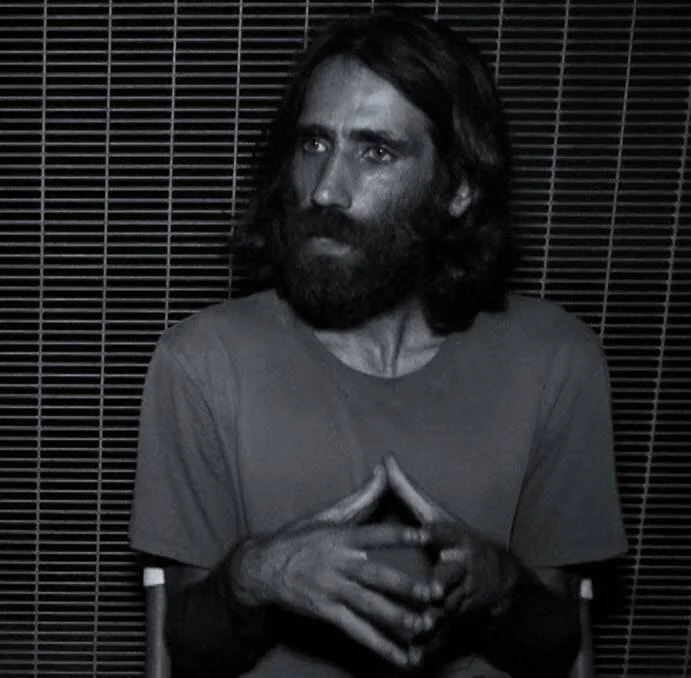Earlier this year at The Farm in Byron Bay, I screened a documentary I directed in 2019 called "MANUS". The film shares the story of Australia's brutal offshore processing policy through the secretly filmed testimonials of refugees and asylum seekers held captive for years by the Federal government on Manus Island.
We made the film to shine light on the malevolent cruelty of the policy, joining numerous organisations, peak professional bodies and countless individuals striving to galvanise as many Australians as possible to support the goal of humanising Australia's approach to those seeking asylum.
The Byron event was one of around 50 community screenings we staged across the country over the past year while the documentary toured film festivals here and internationally.
Later that evening, a friend of mine who attended the event messaged. She thanked me, expressed despair, and also hoped that we were screening "MANUS" in other locations where we weren't just "preaching to the converted."
It's an acute observation and on the one hand she was right. You'd be hard pressed to find any people in that audience, hailing from our relatively progressive region, who wouldn't decry a policy that has inflicted so much needless and indefensible suffering to innocent human beings that we are responsible for.
On the other hand, however, preaching to the converted in Australia is not as superfluous as you might imagine.
Convincing the relatively small hard-line cohort who resist change is less than half the story. The real challenge runs far deeper: it's finding a way to cut through the palpable indifference of the majority of decent Australians towards questions of social inequality that don't affect them directly and creating impetus for them to choose to make their voices heard.
It's one thing to hold personal views that support values of tolerance and inclusion, but an entirely different matter to express that view publicly, challenge the prevailing narrative and collectively hold our political leaders accountable when they fail to meet the test of fairness and decency.
Traditionally, our popular aversion to engaging with politics was often worn as a badge of honour. Aside from picking a team on election day, the political process for many Australians is separated out like a curious object seen at a distance that can be safely ignored.
Behrouz Boochani
In the past decade, the calibre of political discourse and leadership at the federal level has become gradually more superficial, disingenuous and detached from the reality facing the people it is supposed to serve. That systemic incoherence may well be at its zenith right now at a time when we need genuine political leadership more than ever.
In the midst of Covid-19, facing critical challenges including climate change, wealth inequality, indigenous issues, and forced migration among others, that have significant impacts on our lives and our social cohesion, we are lost in a morass created by intransigent federal government politicians who obfuscate and continue to take cognitive dissonance to new levels; who promote fear and division instead of compassion, and perpetuate the old inequalities that are holding us back from grasping our full potential. Our federal politics is broken.
A major study conducted by the ANU released last December found that trust in government was at its lowest level on record. Just one in four people expressed confidence in political leaders and institutions and just 59% were satisfied that democracy is working. It's no wonder then that the understandable cynicism felt by many for political institutions might further heighten their reluctance to get involved.
The problem is that failing to engage has real consequences. By remaining silent, we are allowing the political system to continuously take liberties with us, to reinforce the inequities, and solidify the disproportionate influence of vested interests that have increasingly characterized the workings of our society at the expense of individuals.
It's easy to forget that the existing political system we live under was not just dropped on us fully intact from above as some pre-ordained immutable structure that we are obliged to accept as is. The system is an entirely abstract and evolving construct, invented from scratch by other human beings in the recent past as a means to effectively organise society.
It's useful to remember this because if the system was made by people, then it can also be unmade, or changed if it is not serving us well so long as we find the collective tenacity to demand that together.
Australia is a country full of decent people, however we have old problems and existential new challenges that demand solutions. If we want leadership with the genuine courage to confront the issues of greatest importance and present an honest, ambitious vision to bind us together as we face the future, we can't afford the luxury of standing by.

